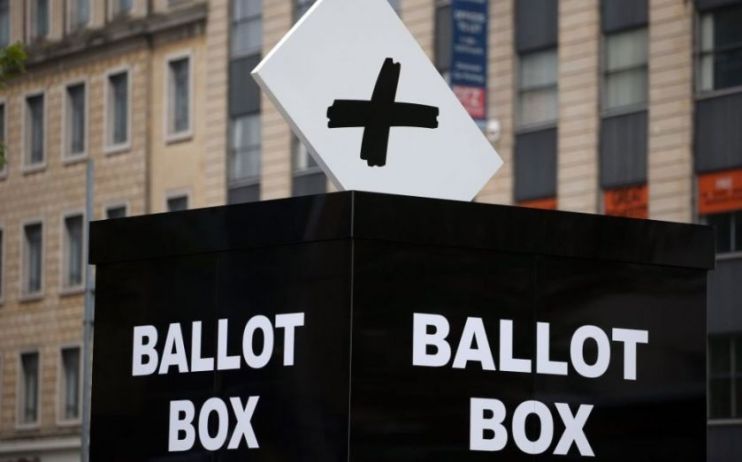Election 2024: When is the postal voting deadline and how do I apply?

Postal votes started arriving on people’s doormats this week ahead of the July 4 general election.
The alternative method of voting is a popular means by which many people choose to cast their vote. In the last three elections, at least one in five of all votes were cast by post.
They are particularly popular for people who know they will be out of the country on the day of the election, or those who live abroad but have citizenship and a residence in the UK.
Anyone in that situation at this election, or who merely cannot face the trudge to their local primary school to vote for the their representative of choice, has just hours left to apply for a postal ballot paper.
When is the postal vote deadline?
The deadline to apply for a postal vote in England, Scotland and Wales, is 5pm today (June 19).
This is to ensure that voters’ applications for a postal vote can be approved, and that the ballots can be sent out and returned before July 4.
You can apply online at: www.gov.uk/apply-postal-vote. All you need is the address where you’re registered to vote; your National Insurance number (or another form of ID like a passport); the specific date of the election for which you would like to vote by post.
You will also require a photo of your handwritten signature but you will not be required to give a reason why you would prefer not to vote in person.
Additional steps for Brits living abroad
There are no additional steps you need to take if you would like to vote from abroad.
However, voters are encouraged to post their vote back as soon they can, to ensure it doesn’t arrive after the count on 4 July.
If you live abroad, the Electoral Commission recommends voting via proxy, rather than by postal vote, to minimise the chances of postal votes from overseas arriving too late.
When should I return my postal vote?
There is no fixed deadline, but voters are encouraged to return their postal vote as soon as possible by taking it to a post box yourself.
In order to count, the letter will need to arrive with the elections team at the local council by 10pm on polling day.
How many people vote by post?
It has been possible for anyone to apply for a postal vote without having to give a reason since 2001.
And while most people still vote in person, doing so by post is becoming increasingly popular.
Before the rule change, the proportion of people voting by post never rose above 5 per cent.
Then the figure more than doubled for the 2005 election to 12.7 per cent. In the three elections since 2015 it has never fallen below 20 per cent.
Does it affect the outcome?
There is no evidence to suggest that the number of people registered for postal votes have any significant effect on election outcomes, but that hasn’t stopped some parties being more supportive of the method than others.
In its manifesto, Reform UK vowed to ban postal voting, because it had “allowed electoral fraud”, a claim which the Electoral Commission, the independent body that oversees elections in the UK, disputes.
Voters who cast their ballot by post also tend to have a higher turnout.
